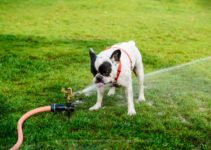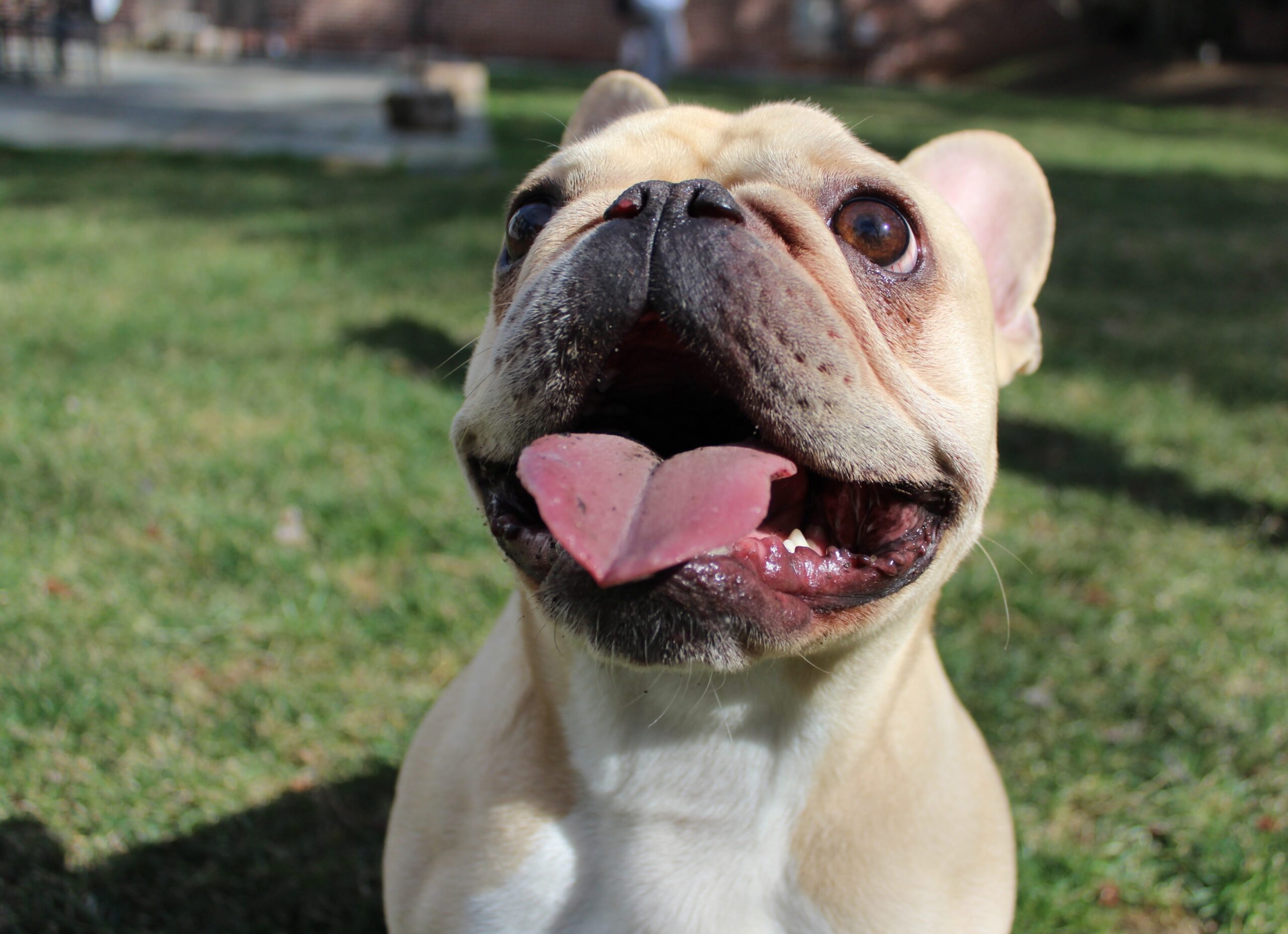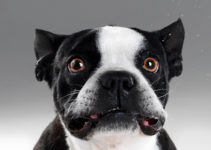Dandruff is not limited to humans it can occur in French bulldogs. Just like with people, dandruff in dogs can be caused by an underlying condition or it could be a reaction to environmental changes. A lot of Frenchie owners simply don’t know what to do when they see that white flaky residue on their pet’s hair. The good news is there are ways to remove and prevent dandruff in dogs. Here we’ll take a look at the causes, symptoms, solutions, and prevention methods for dandruff in French bulldogs.
What is dandruff in French bulldogs?
Dandruff in French bulldogs is a common skin condition that causes flaky, itchy patches of skin on your dog’s back and sides. It can also appear on the face, legs, and ears. Dandruff in French bulldogs is caused by an overgrowth of yeast on the surface of the skin. Yeast is a type of fungus that feeds on dead skin cells and produces waste products that irritate your pet’s skin.
Dandruff can be dry, oily, or greasy and it usually appears on the dog’s back and shoulders. It’s not a serious issue, but it can be annoying to pet owners who want to keep their Frenhie looking clean and beautiful.
What are the causes of dandruff in French bulldogs?
There are several causes of dandruff in dogs, and the most common are:
Poor diet
Yes, a poor diet can be the issue of dandruff in dogs. Dogs with a poor diet are more likely to get dandruff. Dogs that have a balanced and nutritious diet are less likely to develop skin diseases and conditions, including dandruff. A good diet is one that contains high-quality proteins and other nutrients which help to promote healthy hair growth.
Lack of oil in a French bulldog’s diet can cause dandruff, which is the result of dry skin and hair. This is especially common in dogs that have been on a high-protein diet for a long time. If your Frenchie diet has no Omega 3 that comes from fish oil and flax seeds then you might find dandruff on their skin.
Allergies and poor hygiene
Dandruff can be caused by a variety of different things, including allergies and poor hygiene. The most common cause of dandruff in dogs is an allergic reaction to something in their environment. This can be due to something as simple as dust on furniture or as serious as fleas that they are allergic to.
If you notice your pet has dandruff, there are several things you can do to help combat the problem. You will want to start by taking them to the vet and having them checked out for any possible underlying issues that may be causing their skin condition.
Mites
Dandruff in French bulldogs is often caused by mites. The most common form of dandruff in Frenchie is sarcoptic mange, which is caused by the Sarcoptes scabies mite.
Mites are tiny arachnids that live on the skin surface of your dog’s body. Mites cause itchiness and redness on your dog’s skin. They usually live in places where there is a lot of hair like the armpits, groin area, or between toes. Mites are very common in dogs but not all dogs will get them.
If you think your French bulldog has dandruff or if he displays any other symptoms of mites then you should take them to a vet as soon as possible so that they can be treated properly before it becomes too late for your pet!
Symptoms of Dandruff
The symptoms of dandruff in dogs can include:
- The skin may look dry and scaly, with white or grayish flakes appearing on the dog’s coat.
- Frenchie with dandruff may scratch or bite at their skin, which can cause additional skin irritation and redness.
- The skin may become red, inflamed, and irritated, especially in areas where the dog has been scratching.
- If the skin becomes excessively dry and damaged, it can be more susceptible to bacterial and yeast infections.
- Dandruff can also cause a musty odor to emanate from the dog’s skin.
How to deal with dandruff in French bulldogs?
Dandruff can be a common issue in French bulldogs, but with proper care, it can be managed. Here are several ways to help deal with dandruff in French bulldogs:
Hydrate their skin:
French bulldogs have sensitive skin, so it’s important to keep it hydrated. Using a good-quality dog moisturizer or coconut oil on your dog’s skin can help prevent dryness and reduce the occurrence of dandruff.
Improve their diet:
A well-balanced diet rich in fatty acids, vitamins, and minerals is important for maintaining healthy skin. You can also add a supplement to their diet that is specifically formulated for skin and coat health. Make sure to consult with your veterinarian before making any changes to your dog’s diet.
Bathe them regularly:
Regular baths with a gentle dog shampoo can help remove dandruff and keep your dog’s skin clean. Avoid using human shampoos or those with harsh chemicals, as they can irritate your dog’s skin.
Brush their coat regularly:
Brushing your dog’s coat regularly can help remove loose dandruff and distribute natural oils throughout their fur, keeping their skin moisturized. Use a special Frenchie comb to brush their coat. Frenchie comb is designed after consulting vets. This comb is very easy to use and it has outstanding results.
Address underlying health conditions:
Dandruff can be a symptom of an underlying health problem, such as a skin infection, allergies, or hormonal imbalances. If your dog’s dandruff persists or worsens, take them to a veterinarian for a diagnosis and appropriate treatment.
Reduce stress:
Stress can cause skin problems in dogs, so it’s important to keep your French bulldog’s environment as stress-free as possible. Providing plenty of exercise, mental stimulation, and socialization can help reduce stress and improve their overall health.
Avoid over-grooming:
Over-grooming can cause skin irritation and increase the occurrence of dandruff. Make sure to brush your dog regularly, but avoid excessive brushing that can cause skin irritation.
Conclusion
Dandruff is a common problem in Frenchies. However, this problem can be treated with little care and caution. If you take good care of your Frenchie diet and environment you can very easily prevent this problem.





My Frenchie has issues with itching skin, bites her legs and licks them. She is 8 yrs old and has had this problem all her life. I’ve taken her to numerous vets and nothing. I feed her dry food with potatoes and salmon and it’s grain free. She belonged to my son but since I’ve gotten older he gave her to me 2 yrs ago as a watch dog but she loves everyone. I tryed everything and still she bites her feet constantly and rubs on the floor. What next?